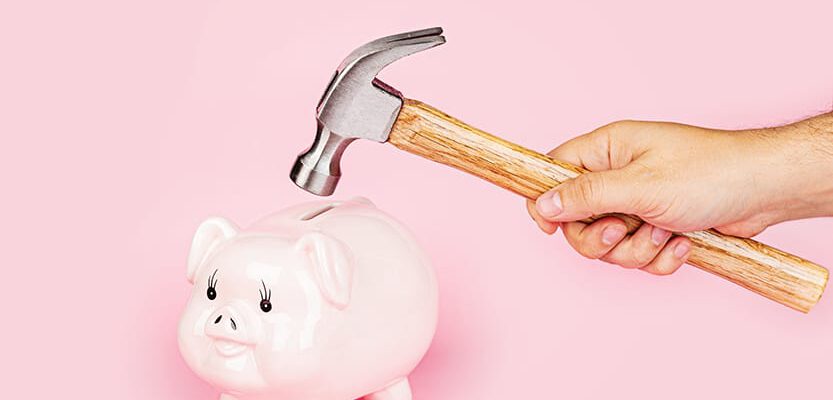With the unexpected always around the corner, an emergency fund is something we all need to have in place.
But since everyone’s financial situation is different, a very valid question arises: how much emergency fund do I need?
A great rule of thumb is that your emergency fund should be large enough to cover 6 months of expenses. But that’s all it is; a rule of thumb. The more stable your income is and therefore, the more confident you feel, you may not have to be that conservative.
In this article I will answer vital questions related to your emergency fund like:
- How much it should be if you’re in debt,
- How you can figure out the right amount for your situation,
- Where you should keep it, and…
- What to do after you build it.
Sounds good? Let’s roll…
How Much Should you Save for Emergencies If you Have Debt?
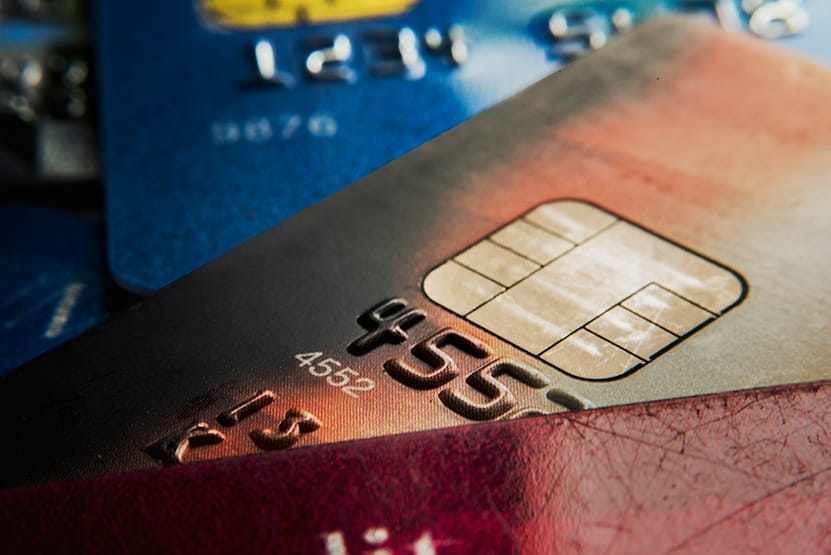
Debt really does change everything. When it comes to saving for emergencies, things are no different.
If you have a lot of debt, you may want to follow Dave Ramsey’s advice. The famous personal finance radio host recommends an emergency fund of $1000 to get started if you have debt beyond your mortgage.
I know, this probably sounds too small. Obviously, not every expense is going to be less than a thousand bucks. But it should be enough for you to get started and motivate you to focus on getting out of debt as soon as possible.
The reason Dave Ramsey recommends that amount is a psychological one. If you build an emergency fund that’s worth 3 or 6 months of expenses, you might sit back and relax. When you have debt, this is simply not an option.
So, you both want to have some money to cover an unexpected expense, but not that much that you forget your debt. As soon as you pay it off, you can properly build your emergency fund. And that also gives you something to aim for…
How Do I Figure Out the Right Amount for Me?
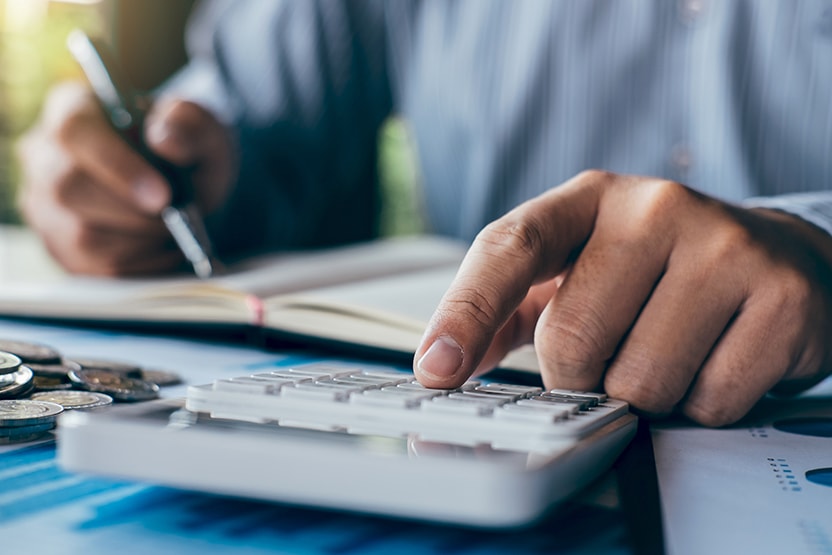
How confident are you that you or your spouse won’t get fired? Or how sure are you that your renter won’t leave or that there will be an immediate demand for your rental property if that happens?
In other words, you need to sit down and think about the sources of your income. You need to be honest with yourself: how stable are they?
The more stable they are, the easier you can go on your emergency fund. If you currently consider them unstable, you should have 6 months of expenses covered and maybe more. Even if you think this is temporary, it’s better to be safe than sorry. You can always adjust later anyway by taking the “excess” cash and investing it for retirement.
I wish I had a calculator that will determine the “right” emergency fund amount for you, but this is not a science. It’s more dependent on your honesty and discipline than it is on numbers. Just start with the rule of thumb (6 months’ worth of expenses) and work from there accordingly.
Where Should I Keep My Emergency Fund?
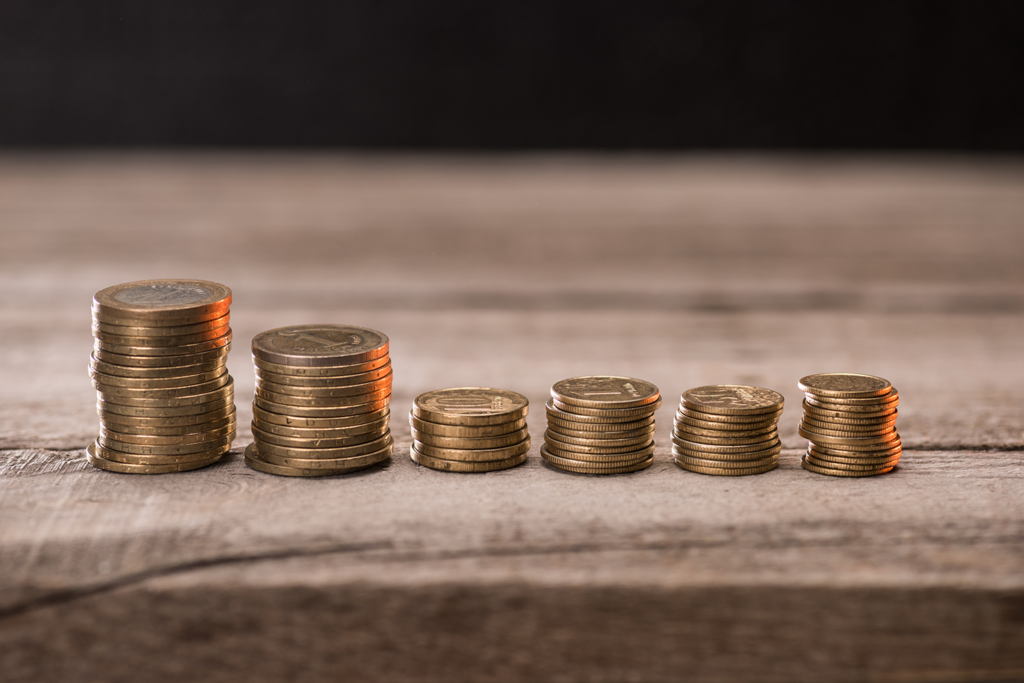
What does a closet, a mattress, a floorboard, and a toilet’s tank have in common? They’re all great places to keep your emergency fund if you want it as exposed to natural catastrophes and inflation as possible.
All joking aside, the purpose of an emergency fund is to cover emergencies. That means that it needs to be liquid; in a form that allows you to spend it fast. Yeah, all of the places mentioned above provide liquidity. But you need to find the right balance between liquidity and safety.
At the same time, you want your emergency fund to be a little harder to get than if you kept it under a floorboard or a checking account. But it shouldn’t be too hard that you cannot fix your car if it breaks down or if you have a lot of sudden medical expenses. So, investing your emergency fund in gold or the stock market is a bad idea as well.
OK, fine… Where do I keep it then?
The best option is to open a high-yield savings account. Period. First, it affords you liquidity. Second, it helps you decrease the detrimental impact of inflation or even keep you ahead of it depending on where you live.
A warning though… Don’t connect it to your checking account, lest you often get tempted to withdraw money from it. Ideally, you will open an account with a different bank.
I’ve got another tip for you. Don’t get a debit card if possible because it’s just another tool that will tempt you to spend money. Instead, get a passbook for record-keeping.
When Should I Use My Emergency Fund?
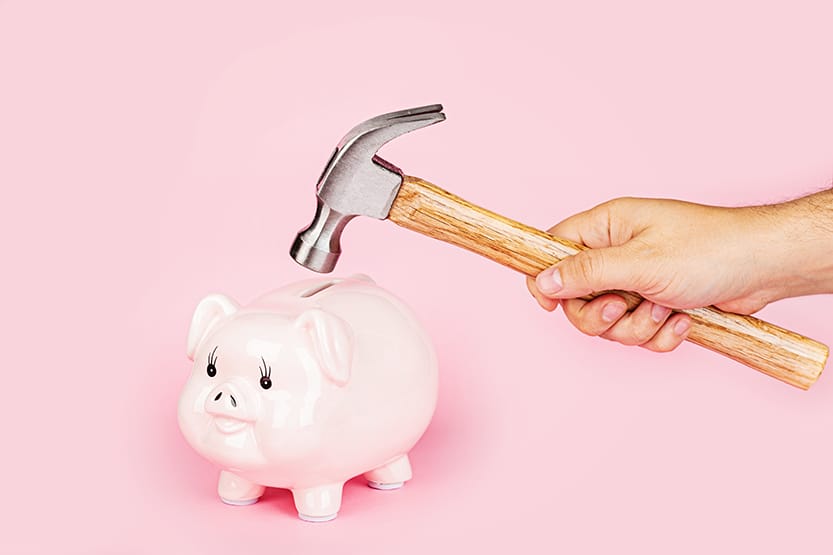
You should use your emergency fund for emergencies. Duh!
OK, that’s not too helpful, so here’s the deal. When it comes to money and spending, defining emergencies is really difficult. If your car won’t start in the morning and you’re late for work, it can feel like an emergency. But it’s not if you have a second car that’s available or even a scooter.
You can bet there are many folks out there who regularly dip into their emergency funds for no valid reason.
The only solution is to be honest with yourself. Differentiating between a true emergency and a fake one becomes easier with practice. And trust me, you will have plenty of opportunities to practice; I call them temptations…
What Do I Do After I Build My Emergency Fund?
So you finished with building your emergency fund. Yey! This is where the fun begins! Or maybe not if you still got a mortgage to pay off…
OK, the most reasonable thing to do after you build your emergency fund is to use any excess cash you have to pay extra on your mortgage every month. That’s not particularly fun, but hey… Think about the fact that the banks lose money when you do that. Well, that’s pretty entertaining…
Now, if you are debt-free, you will want to increase the amount you save for retirement every month. Yeah, that’s not that entertaining either but it’s necessary.
Of course, keep some excess cash for fun too. You can save for a vacation or even a new car. You have an emergency fund, you’re debt-free, and you save extra for your retirement; you deserve it!
Conclusion
As I already said, you should have an emergency fund that can cover at least 6 months of expenses. But since that’s only a rule of thumb, it may not apply to your situation. The best thing you can do is determine the period on your own based on how safe you think that your sources of income are.
Also, keep in mind that your emergency fund should be liquid but not too much. There should be a middle ground between having it stored under the mattress and keeping it in index funds. A high-yield savings account provides that middle ground.
More so, remember that you should be careful when you determine your emergencies. Your brain can act against you when it comes to justifications for dipping into your fund for no reason.
And at last, live a little. After you’re debt-free and you use some spare cash to add some extra money to your retirement account, you can use some of your income to have fun!
Now, I hope this article answered your question and I would appreciate it if you shared it with others using the social media buttons below. If you still want to ask me something, let me know in the comments and I will get back to you as soon as possible…
Thank you for reading and good luck with that emergency fund of yours!
Disclaimer: This information should not be viewed as financial advice. You should consult a financial advisor or do your own due diligence before you invest. The owner of this website and author of this article are not to be held liable for any undesired result by anyone who uses this information that is provided here in any way.

